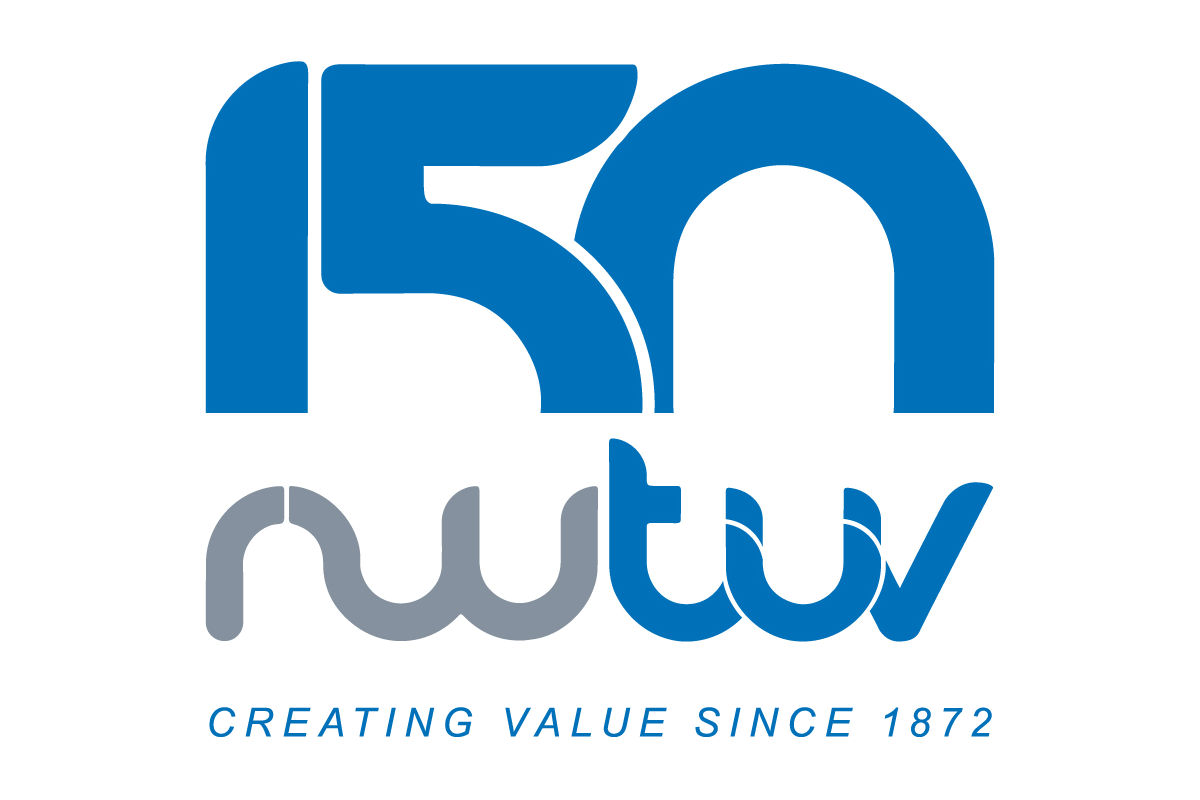"Diversität leben - eigentlich ist das für uns alle Alltag. Aber diese Diversität wollen und müssen wir auch im Arbeitsleben noch konsequenter abbilden. Davon profitieren wir, Diversität ist heute Grundvoraussetzung für Erfolg!" Das Statement kommt von Herzen. Sehen Sie selbst!
Back in 1990, strategists at what is now the RWTÜV Group set their sights on (mobile) telecommunications technology and the huge market that it promised. Their willingness to invest was rewarded with the first European approval for a private test facility. A new spark was ignited – and a test laboratory was set up. Staffed with young engineers and quickly praised for its flexibility and capabilities, it was spun off in 1993 as CETECOM GmbH.
Through the decades, TÜV engineers always were very much involved in the design process. These days this includes electronics and IT with their relevance for all areas of commerce, industry and society.
The D-Netz – mobile communications network “D”, synonymous with the first European harmonised technology standard GSM – enabled the launch of mutually compatible devices for the entire European market. To guarantee compatibility and quality required extensive conformity tests and test systems, which were prescribed by international agreement. This was an enticing potential for RWTÜV! An enormous investment was made, securing the first approval of a privately run test laboratory. It operated more flexibly than the six others that were in the hands of state-owned European postal companies, was able to recruit young, highly qualified personnel, and quickly made a name for itself. To establish a more defined presence in the market, the business unit was spun off as CETECOM GmbH in 1993.
As GSM became UMTS/3G and then LTE/4G, CETECOM opened branches across Europe as well as in the United States and Asia, and adapted itself in the tried-and-tested manner of DÜV, TÜV and RWTÜV. Today, CETECOM is a leading and independent testing and certification service provider in the field of wired and wireless telecommunication and information technology. It is also a development facilitator and consultant with several hundred employees and its own subsidiaries, as well as officially accredited test centres and laboratories for mobile communications and related technology areas such as automotive components, industrial engineering, medical products and consumer electronics.
For future 5G technology, CETECOM’s portfolio of regulatory know-how and development support services is already benefiting its customers as they seek market approvals – even though the necessary standards have not yet been finally harmonised and regulatory certifications are not yet fully defined.
The synergy potential within the RWTÜV Group for 5G solutions for smart homes and their use in technical building equipment is also far from fully defined as yet. With this aspect especially in mind, we look forward to receiving your input and ideas. What interfaces are you discovering between your business and CETECOM?
